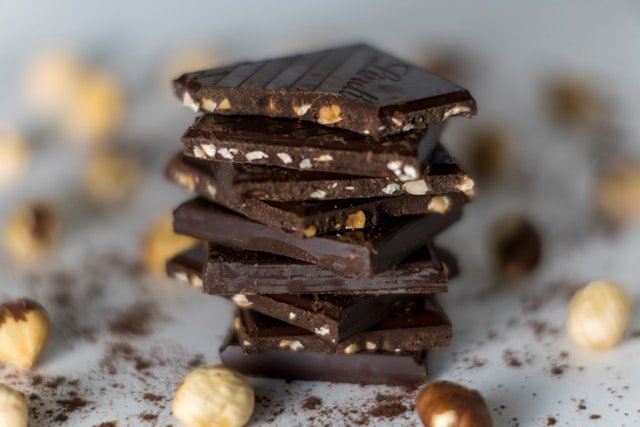The sweet science behind chocolate
Chocolate, a beloved treat for many, especially around Valentine’s Day, is made from cacao, which comes from the tropical cacao tree. The seeds, or beans, inside the tree’s fruit pods are harvested, fermented, roasted, and ground into cocoa, which is then combined with ingredients like sugar, vanilla, and milk to create chocolate.
A Rich History of Cacao
Humans have used cacao for thousands of years. The Mayo-Chinchipe people in Ecuador were among the first to use cacao around 5,400 years ago, and ancient Aztec and Maya civilizations also valued cacao, using it for religious offerings and medicine.
Embed from Getty ImagesHealth Benefits of Cacao
Cacao contains antioxidants, which protect the body from oxidative damage, such as DNA harm. These compounds are found in higher concentrations in dark chocolate than in milk chocolate, prompting researchers to explore ways to boost antioxidants in milk chocolate as well.
Challenges for Cacao Crops
Cacao plants are vulnerable to diseases, threatening both chocolate production and farmers’ livelihoods. Scientists are working on genetic research to help cacao crops grow faster and become more resistant to diseases.
How Chocolate is Made
To make chocolate, the key steps involve fermentation, roasting, and grinding cacao beans into cocoa. Once that is done, cocoa is mixed with sugar, vanilla, and other ingredients, depending on the type of chocolate being made.
Power Words:
- Cacao: The seeds of the cacao tree, used to make chocolate.
- Antioxidants: Compounds that help prevent oxidative damage in the body.
- Fermentation: The process of fermenting cacao beans to develop flavour.
- Maya: An ancient civilization that made chocolate drinks and used cacao in religious ceremonies
Cooking Dinner in 20 Minutes: Fast, Healthy, and Under 500 Calories
